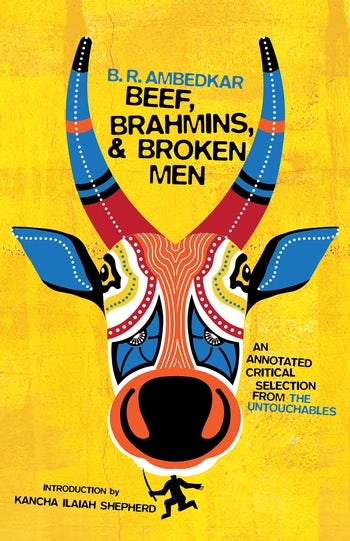H. H Shugart, author of Foundations of the Earth, takes the "Page 99 Test"
Earlier this summer, H. H. Shugart, author of Foundations of the Earth: Global Ecological Change and the Book of Job took the Page 99 Test. Taken from a Ford Maddox Ford quote, the Page 99 Test asks authors to explain how page 99 of their book reveals larger themes and ideas that shape the entire work.
Here is an excerpt from Shugart’s response:
Page 99 of Foundations of the Earth: Global Ecological Change and The Book of Job is the penultimate page of Chapter 4, “Freeing the Onager: Feral and Introduced Animals.” Foundations of the Earth poses global environmental problems in the context of a set of biblical questions, the Whirlwind Speech, found in Job: 38-40. The Joban questions initiate chapter discussions on such topics as, “Where did the solar system come from? How were animals domesticated? How do changes in the greenhouse gases in the atmosphere imply global warming? How do climate and its change alter the world’s vegetation and vice versa?” Foundations of the Earth intends to demonstrate the intrinsic connectedness of the Earth’s systems, their dynamic change and their interactions with humans using these divine questions as a framework to provide additional connectedness. The book emphasizes environmental synthesis at large scales—regional to global scales in space; century to millennia to even longer scales in time. The mutual interactions among different Earth systems provide a unity to the text, so does the framework provided by the extraordinary questions from Job.
Page 99 does a very good job of representing the intent of Foundations of the Earth. The Joban questions motivating Chapter 4 are:
“Who has let the wild ass go free? Who has loosed the bonds of the swift ass, to which I have given the steppe for its home, the salt land for its dwelling place? It scorns the tumult of the city; it does not hear the shouts of the driver.”—Job 39:5-7 (New Revised Standard Version)
The chapter uses the wild ass, Equus hemionus, as an ecological icon for introduced and invasive species, a significant consideration in domains ranging from agriculture and horticulture (weeds) to conservation (introduced species replacing native species of animals) to medicine (introduced diseases and vectors for diseases)….
The alteration of the biota of Earth’s ecosystems, the themes of Chapter 4 and Page 99, occur and interweave on our dynamic and human-altered planet. The overarching themes of the Foundations of the Earth involve Earth-systems complexity and connectedness.. These are large themes for a small book and the diversity of disciplines considered is substantial. Page 99 provides a sample of the depth of the challenges before us.




